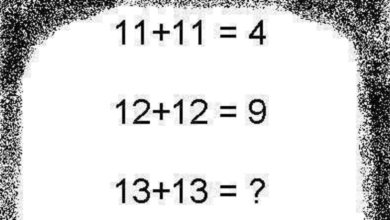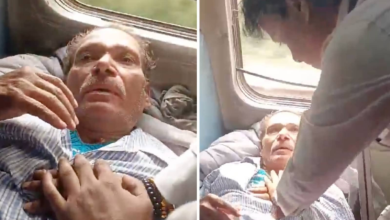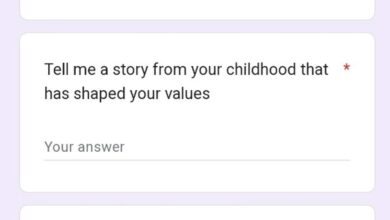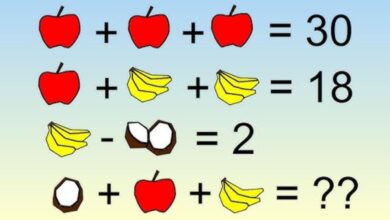What Sooraj Barjatya wanted to with Main Prem Ki Diwani Hoon, Basu Chatterjee had achieved in Chitchor

Earlier this week, Sooraj Barjatya released the trailer of his upcoming film Uunchai. For those who have been following Barjatya’s work since Maine Pyar Kiya days, this feels like a departure from his usual style. In the trailer, there weren’t any dramatic family moments, no wedding song and no love story. For a director who is still known for films like Hum Aapke Hai Koun and Hum Saath Saath Hain, Uunchai seems like a puzzling choice but this isn’t the first time that Barjatya has made a strange choice that threw his fans off. In 2003, Sooraj Barjatya directed Main Prem Ki Diwani Hoon, which can now be seen as his attempt at being ‘different’ even though it did not land in the right place.
Not many would know that the film which starred Kareena Kapoor, Abhishek Bachchan and Hrithik Roshan was the remake of the 1976 film Chitchor. Produced his home production Rajshri Films and directed Basu Chatterjee, Chitchor had Amol Palekar, Zarina Wahab and Vijayendra Ghatge in lead roles. The film’s story follows a family as they welcome a new man (Palekar) into their lives under the impression that he would be an ideal suitor for their daughter (Wahab). As the two fall in love over music classes, the family finds out that they have welcomed someone else, and not the intended suitor (Ghatge). Chitchor navigates through this tale of relationships quite delicately and does not get trapped in exaggeration in the way its remake did.
Chitchor released in 1976. (Photo: Express Rachives)
Chitchor establishes its female protagon Geeta as a simple but fey woman who is more concerned about her exam results than being married. Her family expects her to fall in love with Palekar’s character and while Geeta isn’t the kind who would do as instructed, her affection towards him takes form after they start spending some time together. Unlike her Kareena Kapoor counterpart decades later, Geeta doesn’t submit to her fate. She doesn’t speak much but when she does, it counts. In a significant scene, Geeta walks out of her house because she has decided that she will only marry the man she loves. As her ser and mother try to emotionally blackmail her to stay, Geeta looks ahead and announces, ‘Phaisla ho chuka hai (It has been decided)’ as she is the one who has made the decision.
The tone of Chitchor is quite in line with Basu Chatterjee’s other works like Rajnigandha and Piya Ka Ghar. Amol Palekar, who had established himself as the hero of the middle class, is at his relatable best here as he sheepishly professes his love to Geeta and is visibly heartbroken when he finds out that she might get marry someone else.
Revisiting Chitchor recently was a strong reminder of how a filmmaker like Sooraj Barjatya, who believed in going big even before it was considered a sure shot formula for success in Bollywood, made a simple story Subodh Ghosh into an extravagant film that was decorated with needless CGI, and felt more dated than its 1970s version. It is yet to be seen what Uunchai has to say about the evolution of the director but one can be certain, that the souring experience of Main Prem Ki Diwani Hoon will not be forgotten for years.







